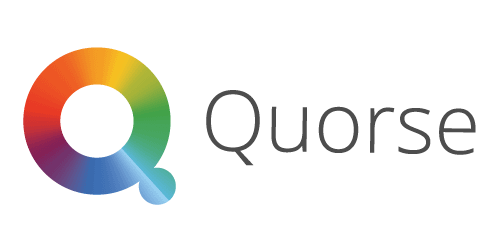To achieve the objectives the development of interview guides, enhancing decision-making through structured methodologies, and understanding the legal landscape in Malaysia, here’s a structured approach:
Module 1: Structuring Competency-Based Interviews
Objective: To teach participants how to structure a competency-based interview to ensure a fair and objective evaluation of candidates.
Key Learning Points:
Activity:
Exercise: Review a job description and develop a competency framework. Identify 3-4 competencies critical for the role and design relevant interview questions.
Module 2: Competency-Based Job Description
Objective: To enable participants to develop job descriptions that are aligned with competencies necessary for successful performance in the role.
Key Learning Points:
Activity:
Exercise: Break into groups and create a competency-based job description for a given role, incorporating key competencies and measurable skills.
Module 3: Values-Based Interview Questions
Objective: To teach participants how to create values-based interview questions that align with the organization’s values and culture.
Key Learning Points:
Activity:
Exercise: Identify 3-5 core organizational values and create interview questions designed to assess candidates’ alignment with those values.
Module 4: Acquiring Evidence – Questioning & Listening Skills
Objective: To develop questioning and active listening techniques to acquire accurate, relevant evidence during the interview.
Key Learning Points:
Activity:
Exercise: Role-play questioning techniques, with one participant acting as the interviewer and another as the candidate. Practice using probing questions to dig deeper into responses.
Module 5: Conducting a Competency-Based Interview
Objective: To teach participants how to conduct a competency-based interview effectively, focusing on consistency, fairness, and assessing candidates accurately.
Key Learning Points:
Activity:
Exercise: Practice conducting a mock interview where participants ask competency-based questions, follow up with probing questions, and use the STAR technique for structured responses.
Module 6: Question Types During the Interview
Objective: To familiarize participants with different types of questions used in competency-based interviews and their purpose.
Key Learning Points:
Activity:
Exercise: Review a set of example questions and categorize them as behavioural, situational, or values-based. Discuss the purpose of each type and when to use it.
Module 7: Making the Selection Decision
Objective: To guide participants through the process of evaluating candidates and making a selection decision based on evidence gathered during the interview.
Key Learning Points:
Activity:
Exercise: Practice evaluating a candidate’s interview responses using a scoring rubric. Discuss the pros and cons of each response and reach a final decision.
4.5
Tarmizi , 43 years old, married with 4 kids and from Gunung Rapat Ipoh. His qualification is Master of Business Administration in Human Resource Management from The University of Michigan with 23 years’ experience in handling of full HR spectrum with 12 years in Managerial level and 7 years in handling of group HR. Along his carrier in Human Resource, he was rewarded as a best Manager for Cooperative in Malaysia from KPDNKK through Maktab Koperasi Malaysia in year 2014. In year 2016, he was certified as a trainer from Human Resource Development Fund (HRDC).
FREE QUOTATION!
THIS PUBLIC COURSE INCLUDES
27-28 Oct 2025
*T&C Applies
No review yet.
Live chat, call or email, we’re here for you

Since its inception in 2009, Quorse, pronounced as “Kor-Say,” has been dedicated to revolutionizing the way you search for and engage with training courses.
As a comprehensive training search engine, our mission is to simplify the process of sourcing courses, making it effortless and efficient for you. Our extensive database, available 24/7, houses over 5000 courses spanning a variety of fields and disciplines.

Sign Up to Bookmark your Favourite Course
or Request for a Quotation instantly
Sign in with your social account
or
By signing up, you agree to our Terms of Use and Privacy Policy